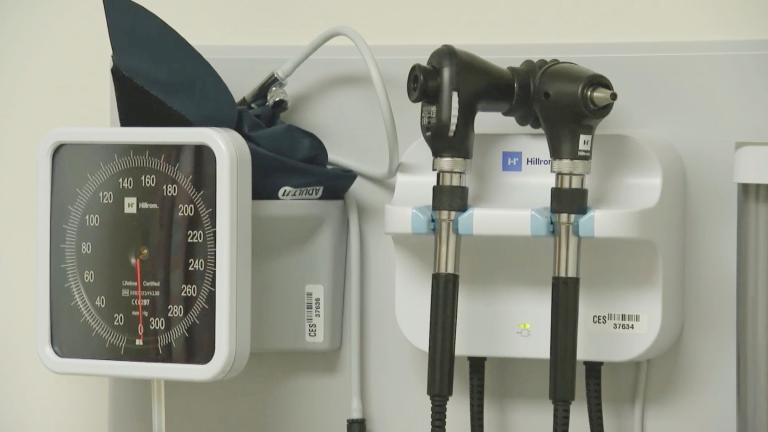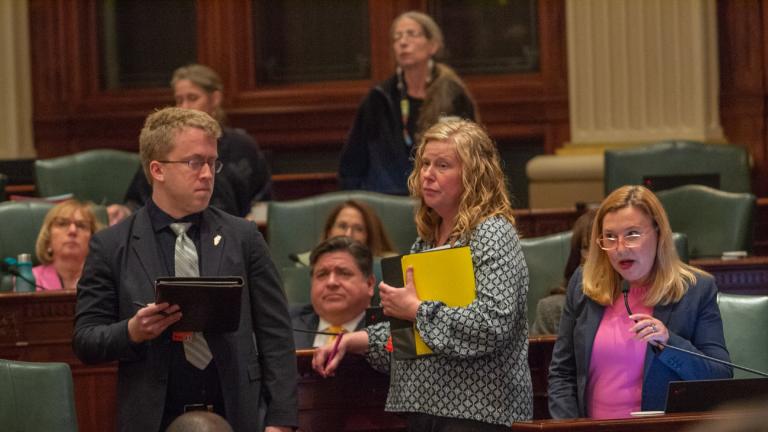There’s a movement in Illinois to allow terminally ill adults to choose when and how to end their own lives.
The name of the practice is debated — “medical aid in dying” to some, and “physician-assisted suicide” to others.
Either way, advocates are hoping the issue comes up in Springfield soon.
What is the practice?
It would allow terminally ill, mentally capable adults with a prognosis of six months or less to live the ability to decide when to end their lives, according to proponents. A patient would request a prescription from their doctor that they would then self-ingest to die in their sleep.
Advocates say if this were to become law, there would be safeguards in place. The physician would inform the terminally ill adult of additional end-of-life options, like hospice or palliative care.
The physician would also inform the patient that they can change their mind at any time – even once they’ve obtained the pill, and that they have the opportunity to rescind their request.
Several states have passed acts supporting the practice, like Oregon’s Death with Dignity Act and the California End of Life Option Act.
Why the debate over the name?
Amy Sherman, midwest advocacy director with Compassion and Choices Action Network Illinois, said the usage of “suicide” is at the heart of the discussion. Suicide is when someone consciously wants to die, but participants are already dying, she said, and this is about how they die.
Dr. Mary Keen-Kirchoff, an attending physician with Northwestern Medicine Marianjoy Rehabilition Hospital in Wheaton and a member of Stop Assisted Suicide Illinois, said the term medical aid in dying is “deceptive” and that there’s “nothing medical in helping a patient commit suicide.”
What do both sides say?
Deb Robertson was diagnosed with terminal neuroendocrine carcinoma, a cancer, last year.
“I’m going to die, and I’m going to die soon,” Roberston said. “How I’m going to die is what I’m concerned about.”
Having this option could allow terminally ill people to die in peace and without pain, she said.
But to Keen-Kirchoff, there’s no need for the practice with palliative sedation or pain medication already available. She noted that there might be access issues, which need to be addressed.
Robertson said she’s seen palliative care not be enough for patients and pain can still persist.
“But it’s about me having the choice to be able to die the way I want to die,” Roberston said.








